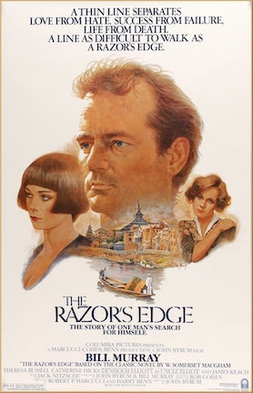Cal Newport, author of several books including, Deep Work – Rules for Focused Success in a Distracted World, was on the Sam Harris podcast. I listed to it over the past 3 days and a couple interesting things were discussed.
First of all, Cal has no social media profiles, despite studying social media as part of the research work he does. While I think that’s interesting, I don’t think that I’d want to do that myself. I have drastically reduced my time on social media over the past few years, with time on all sites going down significantly to barely a few minutes a day… other than Tiktok which I will spend up to 30 minutes maximum a day Monday to Thursday, and longer on weekends. Tiktok is more like television to me than social media because I don’t spend any time trying to look at my specific network and let the algorithm decide what I watch next. I watch almost no television and consider TikTok an alternative option to the TV. But while I’ve lowered the social of social media use, I’m not ready to delete or ignore the accounts I have.
The second thing Cal said was that he refined his ideas around doing Deep Work to:
- Do fewer things;
- Work at a natural pace; and
- obsess over quality.
This sounds great! It’s just not workable in most jobs. If I had a job where I could do this, I’d never want to retire. But the reality of my job, and many other management jobs, is that I simply don’t have that luxury.
I want to do more things, because most of the time I spend on things I need to do rather than what I want to do. My pace is often dictated in a reactionary way, rather than a pace I actually choose. And while quality really matters, I’m often working on timelines that force me to do what’s necessary and then move on.
I’ve discussed this before, the challenge of doing ‘what you need to do’ consumes so much time and energy that there is little of either left for doing ‘things you want to do’. And so it’s not easy to take Cal’s advice. While it is laudable, it’s not realistic to try to achieve. I think writers and artists and similar creative endeavours can aspire to do fewer things, work at a natural pace, and obsess over quality, but most people simply don’t have the luxury to do so. Still that doesn’t mean these things aren’t desirable… I just don’t know anyone who works at a school that can say these are attainable goals.













